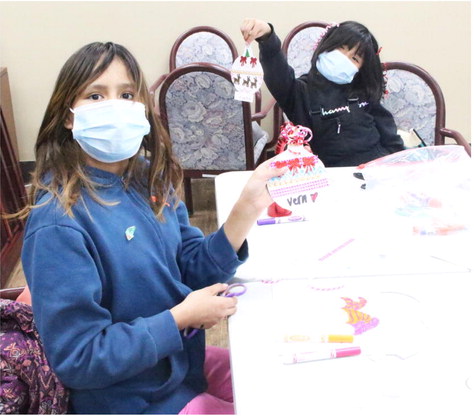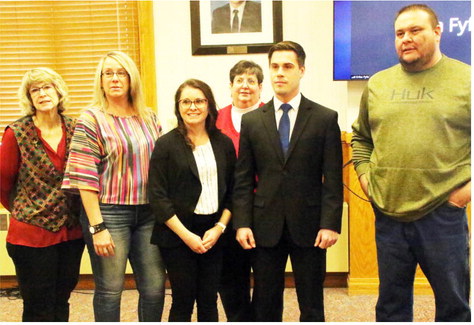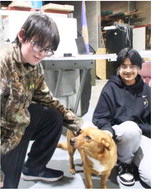Guides To Help Children Understand Alzheimer’s
A new resource available through Montana State University Extension focuses on teaching children about Alzheimer’s disease. Extension Family Economics specialist Marsha Goetting and MSU graduate student Jennifer Munter are making available a series of reading guides for five storybooks designed to approach the subject in a youth-appropriate way.
Goetting referred to caregivers of both children and aging parents as “the sandwich generation,” caught between the two roles, adding that 22,000 Montanans currently live with Alzheimer’s.
“With increases in the number of sandwich generation caregivers and the prevalence rates of Alzheimer’s, Montana children will also be more likely to experience and interact with someone living with Alzheimer’s,” Goetting said.
Goetting and Munter created the reading guides to accompany the books and to address the fact that children often do not realize what causes the changes in a family member who lives with Alzheimer’s. For many years parents, educators and other professionals have used storybooks to help children cope with difficult life events and transitions, said Munter, a graduate student in MSU’s College of Education, Health and Human Development, who collaborated with Goetting on the project.
“Storybooks help children through their experiences by giving them characters they can relate to and messages they can model from,” said Munter, who is also the assistant director of MSU Extension’s Supplemental Nutrition Assistance Program Education (SNAP-ED) and Expanded Food and Nutrition Education Program. “They also give the adult reader a deeper understanding of what the child may be experiencing and ways to help them with their emotions and relationship.”
Researchers have called this approach development bibliotherapy, said Goetting, adding that studies have found it can be effective in helping children cope with confusing or frightening topics.
Goetting said that after reading and discussing storybooks depicting family experiences with Alzheimer’s, both children and adults reading with them often show gains in knowledge. Research shows there is an increase in positive attitudes and willingness to interact with a family member with Alzheimer’s.
“If you are a parent who is reading a storybook to a child, you will be interested in the guidelines researchers have created to make the experience more effective,” said Munter, outlining five guidelines for approaching the topic with children.
Choose a storybook that focuses on the specific issue or problem your child is facing. For example, a grandparent may be crying or showing signs of forgetfulness.
Decide on your goals to achieve by reading a storybook about Alzheimer’s to children. A goal may be to reassure them that the family member still loves them or to provide them with ways they can help.
Select the proper storybook for the topic. Munter said MSU Extension has reading guides for five children’s books that deal with Alzheimer’s, which can be found at https://www.montana. edu/extension/alzheimers/ storybookandreadingguides. html. The Alzheimer’s Association’s list of recommended resources can be found at https://www.alz. org/help-support/resources/ kids-teens/for_kids.
Implement recommended reading practices when reading aloud to a child. For example, pick a time to read consistently each day. A fact sheet outlining suggested reading practices can be found at https://www. montana.edu/extension/ alzheimers/neafcstraining/ handouts/reccommendedpractices. html Plan for follow-up discussion and activities to help children continue learning. For example, make a memory box for a loved one with Alzheimer’s or identify favorite stories to re-tell if they become forgetful.
Free Resources through MSU Extension
MSU Extension is offering a free storybook about Alzheimer’s to individuals who would like to have one to read to children, said Goetting.
Interested individuals can order a free storybook by visiting www.montana.edu/ extension/alzheimers/, clicking on “Order Form for Free Storybook,” filling in the form and using the promotional code “Alzheimer’s Storybook 1.” Readers who do not have computer access can send their name, address and the promotional code words to Marsha Goetting, P.O. Box 172800, Bozeman, MT 59717, or call and leave their mailing address at 406-994-5695.
Funding for the storybooks came from AARP Montana and the Montana Geriatric Education Center at the University of Montana. Members of the Alzheimer’s and Related Dementias Workgroup provided suggestions on a reading guide for each book.


